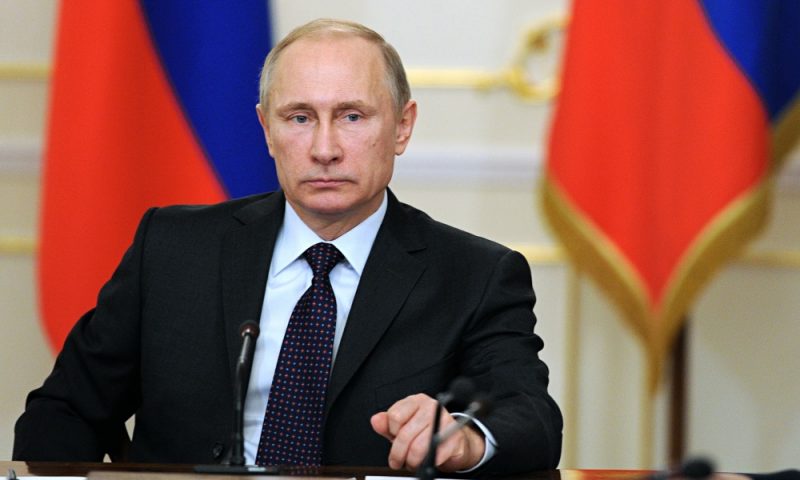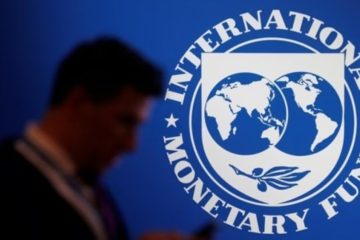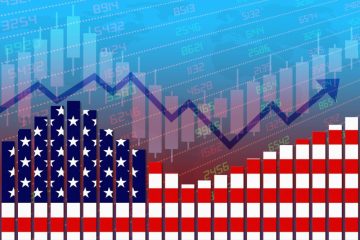Russia’s War Chest Grows as US Sanctions Fall Short

Sanctions were the main Western endeavor to isolate the country after its 2022 invasion of Ukraine. As evasion strategies arose worldwide, the effort became a global cat-and-mouse game.
Since President Trump took office in January, Russia has not faced further penalties for its full-scale invasion of Ukraine. The administration has relaxed several limitations. Without new ones, researchers warn, existing measures lose effectiveness.
Trading and business records demonstrate that new dummy corporations can now send finances and vital components to Russia, including computer chips and military equipment, that would otherwise be blocked. Biden levied hundreds of “maintenance sanctions” on new projects throughout his presidency. According to a New York Times examination of economic, financial, and other limitations on Russia and Vladimir V. Putin, those moves have halted this year. “Trump’s approach to economic statecraft is to impose pressure, get leverage, and try to get the best deal possible,” said Columbia University Center on Global Energy Policy senior research scientist Edward Fishman. For whatever reason, he doesn’t want leverage over Putin in Russia.
From 2022 to 2024, the Biden administration imposed approximately 170 additional sanctions on Russian-linked companies per month. Technical procurement, banking, and oil and weapons manufacture were objectives. The Biden administration blocked almost 6,200 Russian-affiliated individuals, companies, boats, and aircraft. According to a Times study of Treasury Department data, the US issued roughly three times the monthly average in Biden’s final weeks. Pressure effects are eroding. An analysis of trade records, web listings, and corporate filings found over 130 mainland Chinese and Hong Kong companies offering immediate sales of prohibited computer chips to Russia. None of the firms are sanctioned.
Many companies are eager to replace one restricted company.
HK GST Limited sells semiconductors for Russian cruise missiles like the Kh-101, which murdered 10 civilians in Kyiv. Nine months after incorporation in Hong Kong, the company launched its website in February. According to website hosting data, domain ownership, coding patterns, and contact information, the company is connected to four comparable electronics distributors, including Singaporean ChipsX and Chinese high-performance drone part manufacturer Carbon Fiber Global. All of these companies were founded within three years.
Trade data, web postings, and corporate registration documents suggest several network companies transferred banned components to Russia in violation of U.S. export rules. Carbon Fiber Global denied that it or ChipsX sold banned materials to Russia but did not address queries about other network companies.
Russia has expanded its drone and missile operations in Ukraine since January, killing hundreds and damaging civilian infrastructure. Analysts think the Kremlin has quickly capitalized on American disengagement to gain a military advantage. Republican and Democratic lawmakers say Mr. Trump’s inactivity is hurting the West’s fight against Russian aggression. A White House official said Mr. Trump urged Russian and Ukrainian authorities “to stop the killing while keeping all options on the table.”
Data reveals the president has aggressively employed sanctions abroad. Mr. Trump has put over 280 additional sanctions on Iran in the previous six months, targeting terror financiers. He has also punished ICC judges probing Israeli war crimes. He has also targeted cybercriminals and narcotics traffickers with sanctions. On Russia, the Trump administration has relaxed some prohibitions.
Russia was likewise excluded from the White House’s “Liberation Day” tariffs, which targeted practically all trade. According to Census Bureau data, the US purchased more than $3 billion in Russian goods in 2024, more than Greece or Egypt. Experts noted the tariff omission, especially since Mr. Trump has touted import taxes’ ability to negotiate. Mr. Fishman said he used tariffs as “a form of sanction” as well as a trade instrument. Maria Shagina, a senior researcher at the International Institute for Strategic Studies, said these moves indicate that the US is now more ready to tolerate Russia’s conflict and less interested in cracking down.
The US withdrawal has left the EU to lead Russia sanctions.
A study found that E.U. limitations have been less broad, notably for foreign corporations and individuals who help Moscow avoid sanctions. The Kremlin relies on third-country networks to maintain wartime supply chains. US sanctions surpass EU sanctions by more than two to one. Experts claim this is changing. For geopolitical considerations, the US led that endeavor.
Congress has begun to advocate for Russia-targeted legislation. Lindsey Graham, Republican of South Carolina, and Richard Blumenthal, Democrat of Connecticut, co-sponsored a bill that would impose broad new limits. The law imposes a 500% charge on China and India for buying Russian energy. The bill has bipartisan backing, but detractors say it may disrupt global trade and trap European partners.









